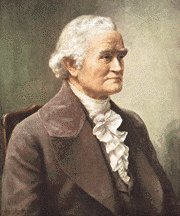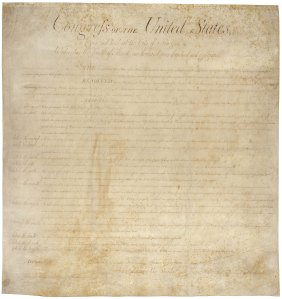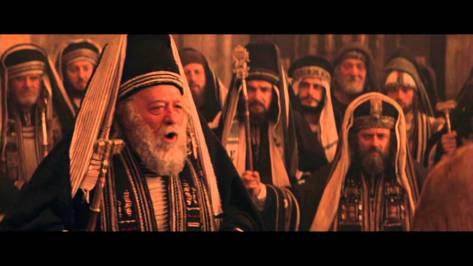Origin of Civil Liberty.
Almost all the civil liberty now enjoyed in the world owes its origin to the principles of the Christian religion. Men began to understand their natural rights, as soon as the reformation from popery began to dawn in the sixteenth century; and civil liberty has been gradually advancing and improving, as genuine Christianity has prevailed. By the principles of the christian religion we are not to understand the decisions of ecclesiastical councils, for these are the opinions of mere men; nor are we to suppose that religion to be any particular church established by law, with numerous dignitaries, living in stately palaces, arrayed in gorgeous attire, and rioting in luxury and wealth, squeezed from the scanty earnings of the laboring poor; nor is it a religion which consists in a round of forms, and in pompous rites and ceremonies. No; the religion which has introduced civil liberty, is the religion of Christ and his apostles, which enjoins humility, piety, and benevolence; which acknowledges in every person a brother, or a sister, and a citizen with equal rights. This is genuine Christianity, and to this we owe our free constitutions of government.
Character of the Puritans.
For the progress and enjoyment of civil and religious liberty, in modern times, the world is more indebted to the Puritans in Great Britain and America, than to any other body of men, or to any other cause. They were not without their failings and errors. Emerging from the darkness of despotism, they did not at once see the full light of Christian liberty; their notions of civil and religious rights were narrow and confined, and their principles and behavior were too rigid. These were the errors of the age. But they were pious and devout; they endeavored to model their conduct by the principles of the Bible and by the example of Christ and his apostles. They avoided all crimes, vices, and corrupting amusements; they read the scriptures with care, observed the sabbath, and attended public and private worship. They rejected all ostentatious forms and rites ; they were industrious in their callings, and plain in their apparel. They rejected all distinctions among men, which are not warranted by the scriptures, or which are created by power or policy, to exalt one class of men over an other, in rights or property.
Institutions of the Puritans in America.
The Puritans who planted the first colonies in New England, established institutions on republican principles. They admitted no superiority in ecclesiastical orders, but formed churches on the plan of the independence of each church. They distributed the land among all persons, in free hold, by which every man, lord of his own soil, enjoyed independence of opinion and of rights. They founded governments on the principle that the people are the sources of power ; the representatives being elected annually, and of course responsible to their constituents. And especially they made early, provision for schools for diffusing knowledge among all the members of their communities, that the people might learn their rights and their duties. Their liberal and wise institutions, which were then novelties in the world, have been the foundation of our republican governments.
Effects of the principles and institutions of the Puritans.
The principles of the Puritans fortified them to resist all invasions of their rights; and prepared them to vindicate their independence in the war of the revolution. That war ended in the establishment of the independence of the United States. The manifestoes, or public addresses of the first American congress, and the act declaring independence, proclaimed to all the world the principles of free governments. These papers circulated extensively in foreign countries. The French officers who assisted in the defense of American rights, became acquainted in this country with the principles of our statesmen, and the blessings of our free institutions; and this circumstance was the germ of a revolution in France. The constitution of the United States is made the model of the new governments in South America; and it is not without its influence in Greece, and in Liberia in Africa. It is thus that the principles of free government, borrowed from the Puritans, have been conveyed to foreign countries, and are gradually undermining arbitrary governments, with all their oppressive institutions, civil and ecclesiastical.








